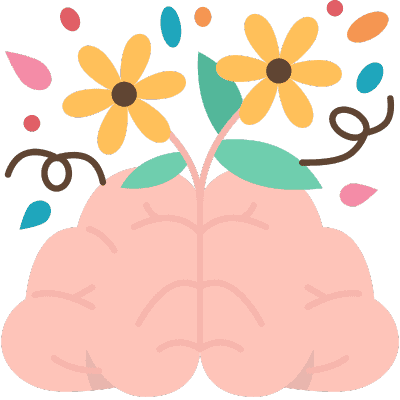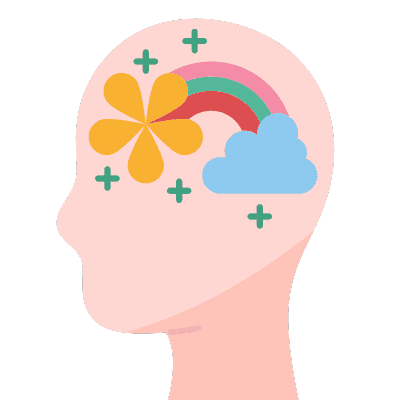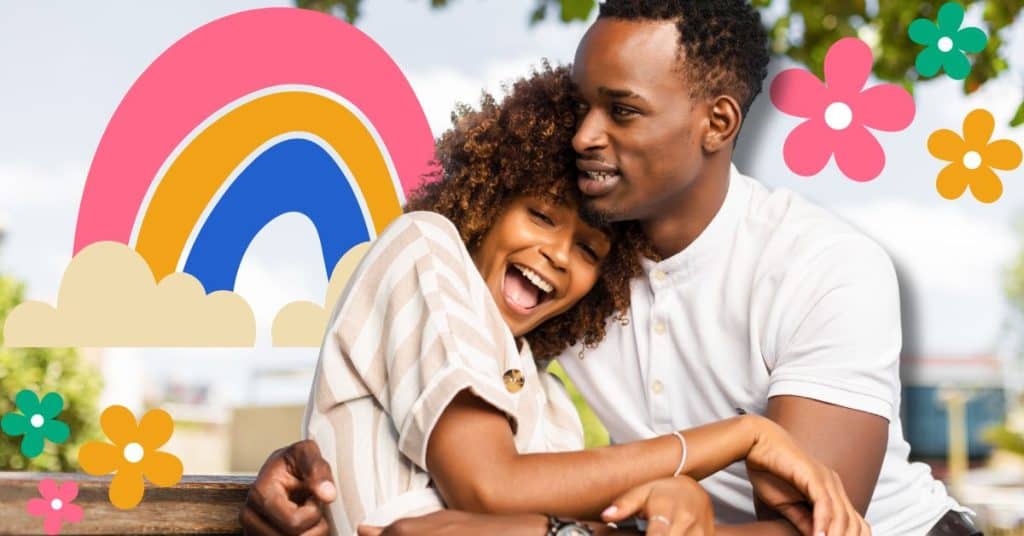Every single person on this planet carries their own personal notions about love, a concept that is not easily detached from societal influences. Romcom films and childhood narratives subtly implant an idealized view of love in our psyche, and these shape our choices and desires.
We often, unknowingly, chase after an “ideal” partner, and at the first sign of trouble, we doubt the relationship, fearing we made the “wrong” choice.
Looking for a romantic partner who shares our values and goals is a healthy pursuit, and compromising on less is not what we are telling you to do! But this should absolutely not translate to a Sisyphean quest for perfection, which is unattainable for so many reasons—the most important reason being that no one is perfect.
True love’s essence doesn’t lie in perfection but in authenticity, which means both people need to take part in a lot of self-reflection. Love thrives in a nurturing, secure environment, demanding flexibility, adaptation, and reciprocal support. So, if one’s capacity to love is different than their partner’s, it’s going to be really tough to love each other genuinely.

The Role of Authenticity in Relationships
Authenticity means embracing our true selves without resorting to wearing any masks—you know, those things we put on to fit in, whether it’s at work or in a social situation.
An authentic person walks the walk when it comes to their beliefs and emotions. But that isn’t always easy!
Staying authentic can be quite a challenge in everyday life, as societal roles and pressures often require us to adopt various personas—those pesky masks.
When we meet someone we’re attracted to, our desire to impress them can lead us to present only our best aspects, essentially wearing a mask.
We’re so accustomed to these roles that they become part of our identity, to the extent that some might lose touch with their inner self and not really know who they are anymore.
In romantic relationships, authenticity’s absence is detrimental and means you are continuously playing a part under a pretense, which is frankly exhausting and unsustainable.
If you feel compelled to play a role with your partner, it implies a fear of rejection of your true self—you are hiding who you really are.
These kinds of romantic relationships, which were established and are now in a fixed state of putting on an act, are inherently stressful and can’t ever lead to genuine happiness.
There will be unhappiness and dissatisfaction from not being able to be one’s true self due to a fear of being judged. This can not only damage the relationship over time but diminish a person’s sense of self-worth.

Authenticity and Trust
Not being authentic with your romantic partner also indicates a lack of complete trust, holding preconceptions, and always waiting for negative judgments. This kind of distrust means we are hiding certain facets of who we really are!
This not only deprives the other person of truly getting us, but it makes us shrink ourselves down in order to play a role.
They will never get to see our strengths if we are trying to hide our weaknesses. By putting up this barrier, we unintentionally express our reluctance to know them fully or them knowing us, and this can cause feelings like rejection or judgment.
In contrast, when both people are authentic, they send a loud and clear message: “You are important enough to me that I can be myself without any fear.”
This kind of authenticity opens the door for complete acceptance and a mature, complete kind of love.
The Myth of the ‘Perfect Match’
The idea of a ‘better half’ suggests a predestined perfect partner, when in reality, love is not about finding a perfect match, but it grows and adapts as we come to the realization that the person beside us is the one we choose to be with.
Here are some basic elements that you have if you are in an authentic romantic relationship!

- Self-awareness: Understanding your values, beliefs, and emotions is vital. This self-knowledge enables genuine interactions.
- Honesty: Being truthful about your thoughts, feelings, and intentions builds trust. Honesty should be always expressed with compassion—don’t be mean about it.
- Consistency: Making sure that your actions mirror your words and commitments shows you’ve got integrity.
- Vulnerability: Sharing your true self, including your insecurities and imperfections, creates growth and makes better connections.
- Respecting Boundaries: Authenticity involves appropriate sharing and respecting others’ comfort levels.
- Expressing Gratitude: Showing appreciation for others builds positive connections and intense bonds.
- Accepting Differences: Authenticity embraces different values and perspectives, allowing the space for others’ truths and principles.
- Listening and Empathy: Genuine, real communication involves understanding and valuing others’ viewpoints.
- Open Communication: Sharing serious and honest thoughts and feelings creates emotional intimacy and a safe space for expression.
- Embracing Imperfection: Accept not only your own but others’ flaws, as this creates a great sense of mutual understanding and acceptance.
Takeaways
Authenticity in romantic relationships is all about being the real you—no mask is needed or required. Being present with others and creating connections based on mutual understanding, trust, and honesty are the elements needed for an authentic partnership.
It is a must-have for building healthy, happy, and meaningful relationships, strengthening trust, intimacy, and sincere connections. By being authentic, we establish relationships that are supportive, grounded in reality, and actually fulfilling.




